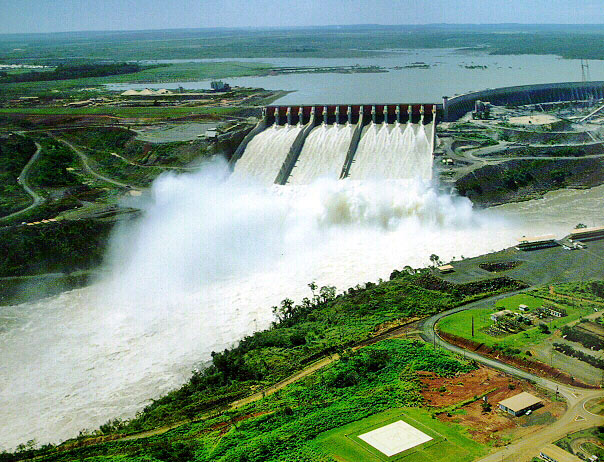 Hydro-electricity is the term referring to electricity generated by the use of Water. The production of electrical power through the use of the gravitational force of falling or flowing water. Hydro energy can be obtained by using many methods of capture. The most common method of using energy from water is a hydroelectric dam, where water coming down through an area causes turbines to rotate and the energy is captured to run a generator. Power can also be generated from the energy of tidal forces or wave power, which uses the energy created by waves.
Hydro-electricity is the term referring to electricity generated by the use of Water. The production of electrical power through the use of the gravitational force of falling or flowing water. Hydro energy can be obtained by using many methods of capture. The most common method of using energy from water is a hydroelectric dam, where water coming down through an area causes turbines to rotate and the energy is captured to run a generator. Power can also be generated from the energy of tidal forces or wave power, which uses the energy created by waves.
Many countries in the world use hydro energy for conversion to electricity. One of the main reasons that hydro energy is used is that it is a clean energy source, as it does not emit any toxins. There still is a dispute whether this source of energy is a true renewable energy, as renewable means it will not be depleted over time and it will consistently be replenished. This is not always the case when building hydro dams, as it is sometimes required to change the natural flow of the water which can make it possible to harm plants and animals in the water. It can also damage areas and wildlife, as when creating a hydro electric dam, areas must be flooded.
However, hydro energy is cheaper than using other methods to convert energy to electricity. It is also reliable and can be used almost immediately when turned on to meet the demand for electricity. Therefore, one must weigh the pros and cons before deciding to use hydro energy to supply their demand for electricity.
 English
English  Portuguese (Brazil)
Portuguese (Brazil) 




